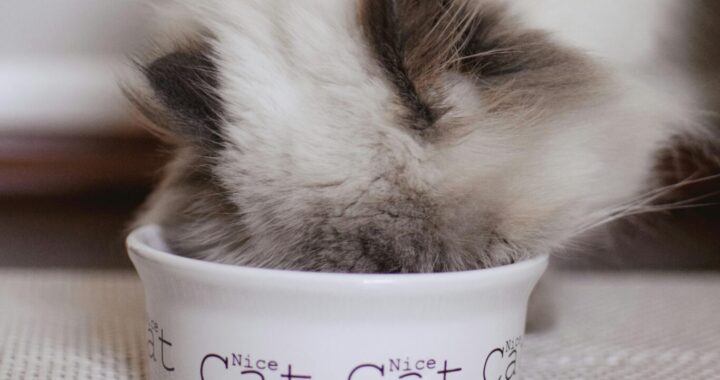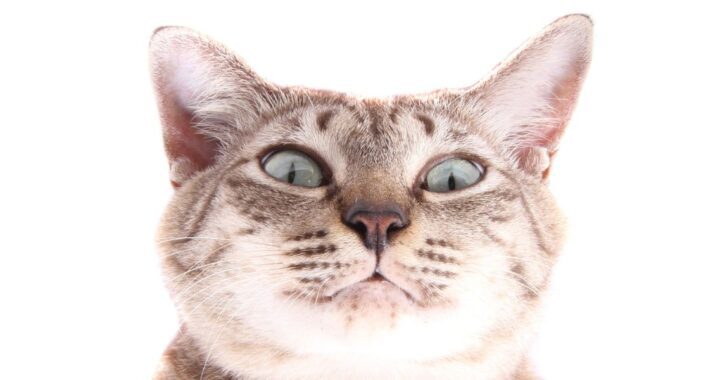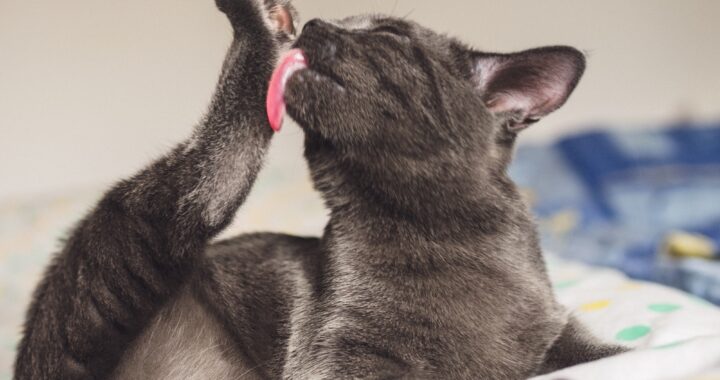
February is known as the month of love and Valentine’s…. but even more importantly: it’s also Pet Dental Health Month! Similar to human health, pet dental health is essential to an overall healthy body. It’s a good thing there’s a whole month dedicated to raising awareness. Are you wondering how can you and your cat can celebrate Pet Dental Health Month?
1) Call your veterinarian to schedule your kitty for a dental evaluation. (Or for an Annual Exam if they’re due!) At your appointment, your vet can assess your kitty’s mouth and see if a dental cleaning is needed.
2) If your veterinarian determines that your kitty would benefit from a dental cleaning or possibly tooth extractions, make the appointment for your kitty to go in!
PRO TIP: Most clinics offer a discount for having the dental performed during Dental Health Month. Be sure to check with your vet!
Now that you know the steps you can take to get your kitty in for their dental, here are answers to some FAQ about dentals:
Why should I get my pet’s teeth cleaned?
Dental cleanliness promotes overall health and prevents tooth decay and oral infection. It can also help prevent heart disease, just as it can in humans!
Dentals can prevent pain and discomfort. Cats are especially skilled at hiding their pain. (They don’t want their beloved humans to worry about them!) Even if their mouths are becoming uncomfortable due to gingivitis, tartar build-up, or even infection and tooth decay, they might not let you see that they’re hurting. (Symptoms or signs of a painful mouth include, but are not limited to: dropping food when eating, finicky eating, red or swollen mouth, excessive drooling, and pawing at mouth.)
What exactly is a dental cleaning?
In most clinics, a full dental cleaning is done under general anesthesia and is similar to when you get your teeth cleaned at the dentist: a technician removes plaque and cleans root surfaces. In some cases, cats may need a tooth or teeth extracted, which is performed only by a licensed veterinarian.
Tooth extractions?? Yikes!
Tooth extractions in animals are relatively common. Sometimes a tooth can become so infected or even loose that it is necessary to surgically remove it. This procedure is done under general anesthesia and only by licensed veterinarians. Although thinking about your best feline friend missing teeth might be sad, it’s not as scary as it sounds! After recovering from the surgery, unless advised otherwise by a veterinarian, your cat can still eat dry food while missing teeth. (Even many toothless cats still enjoy their kibble.) Once recovered, kitty will forget about missing teeth and will just be grateful to have a comfortable mouth!
As you can see, February is an important time of year! While you’re celebrating Valentine’s Day with your loved ones (and of course your feline friends), make sure to contact your veterinarian and ask about Dental Health Month!
Before they are ready to find homes, many kitties who come to SAFe Rescue for a second chance need surgery to heal their painful mouths. If you are able to make a gift to help fund their dentals this February, they would be meowy grateful!)



